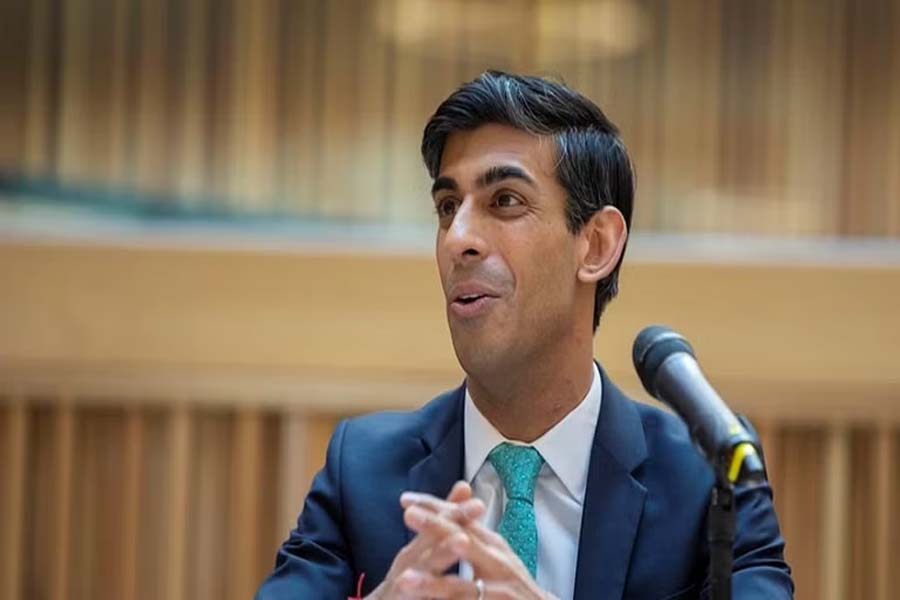BANGKOK: From the back of open-top trucks and cars, candidates of Thailand’s political parties drove through Bangkok on Saturday, as a months-long campaign that could usher in a new government for the first time in nearly a decade drew to a close.
Prime Minister Prayuth Chan-ocha faces an uphill battle to retain power in Sunday’s general election, with opposition parties including Pheu Thai and Move Forward surging in popularity, according to opinion polls.
Thailand has about 52 million eligible voters, including 3.3 million aged 18 to 22 who can vote for the first time, with pro-military, royalist conservatives and the populist opposition vying for their endorsement.
The polls suggest that their ballots could end nearly a decade of governments either led or backed by military and conservative forces.
On the back of a bright red car, Paetongtarn Shinawatra and Srettha Thavisin – two prime ministerial candidates for Pheu Thai – waved to onlookers.
“I would like to ask first-time voters to choose Pheu Thai,” Paetongtarn told reporters as she stepped off the vehicle. “We have a 20 year history and we have had success.”
Pheu Thai, which is leading opinion polls, is backed by the billionaire Shinawatra family, whose parties have won elections since 2001 on populist platforms. Its governments have been ousted through military coups or judicial rulings.
Another opposition party, the youth-driven and progressive Move Forward, is seeing a late boost in popularity.
“Sleep early tonight and wake up early to vote for Move Forward,” its prime ministerial pick Pita Limjaroenrat said through a loudspeaker from a truck.
Across town, a truck carrying members of Prayuth’s United Thai Nation party stopped occasionally as supporters took selfies and gave flowers.
In a rally on Friday, Prayuth exhorted voters to back him, instead of opposition groups that have promised change.
“We do not want change that will overturn the country,” he told supporters. “Do you know what kind of damage it would do? We cannot suddenly change all at once because we don’t know what lies on the side.”
Under election rules, parties have to stop campaigning at 6 p.m. on Saturday.

